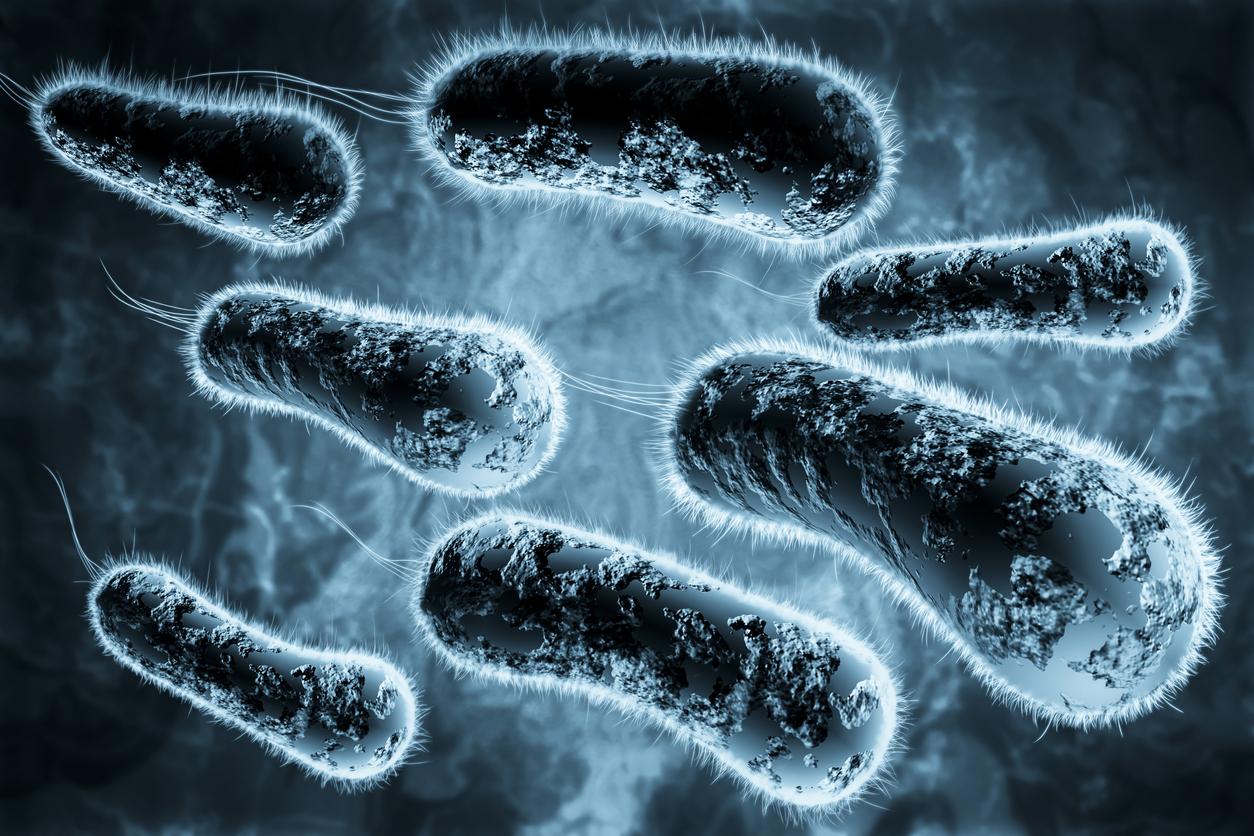Swiss scientists have identified new bacterial species. This discovery could, in the future, facilitate the diagnosis of infections caused by rare pathogens, as well as their treatment.

- A Swiss scientific team recently identified new species of pathogens.
- The researchers analyzed 61 unknown pathogenic bacteria identified in blood or tissue samples from patients with different pathologies.
- During this research, around thirty new species were detected.
To identify new bacteria, researchers from the University of Basel (Switzerland) and the University Hospital Basel collected and analyzed samples containing unknown pathogens. They then determined more than thirty new bacterial species, some of which are associated with clinically relevant infections.
Nearly 61 unknown pathogenic bacteria examined
For the purposes of this research published in the journal BMC Microbiology, scientists analyzed 61 unknown pathogenic bacteria identified in blood or tissue samples from patients suffering from various pathologies. Conventional analysis techniques, such as mass spectroscopy or sequencing a small part of the bacterial genome, have not been able to obtain results for all pathogens. The study authors then sequenced the complete genetic material of the bacteria, and then compared the identified genomic sequences with known strains.
According to the results, 35 of the 61 bacteria analyzed were unknown before the research. An evaluation of patient data showed that seven of the 35 new strains were clinically relevant, meaning they could cause bacterial infections in humans. “Such direct links between newly identified bacterial species and their clinical relevance have rarely been published in the past”, noted Doctor Daniel Goldenberger, author of the study and microbiologist. The remaining 26 strains were classified as difficult to identify, that is, their genome sequences had only recently been added to databases, or a correct taxonomic description of the pathogens had not been created only very recently.
Discovery of new bacteria: improved care
Among the newly discovered bacterial species, the majority belong to the genera Corynebacterium and Schaalia, two Gram-positive bacilli. “Many species of these two genera are present in the natural microbiota of human skin and mucous membranes. This is why they are often underestimated and research on them is rare”, the researchers said. However, these bacteria can cause infections when they enter the bloodstream due to, for example, a tumor.
The scientists also found that one of the difficult-to-identify pathogens could be of clinical importance. It was notably detected in the inflamed thumb of a patient following a dog bite. A Canadian research group recently isolated this bacteria from wounds caused by dog or cat bites. “This led us to think that this is an emerging pathogen that we need to monitor”warned Doctor Daniel Goldenberger.
Currently, the Swiss team continues to systematically collect and sequence unknown pathogens found in patient samples at the University Hospital Basel. “We have noticed an important dynamic: thanks to technological progress in bacteriology, publications on newly discovered species of bacteria are much more numerous”, explained Doctor Daniel Goldenberger. In the eyes of researchers, these results will make it easier to diagnose infections caused by rare pathogens and treat them effectively.
















